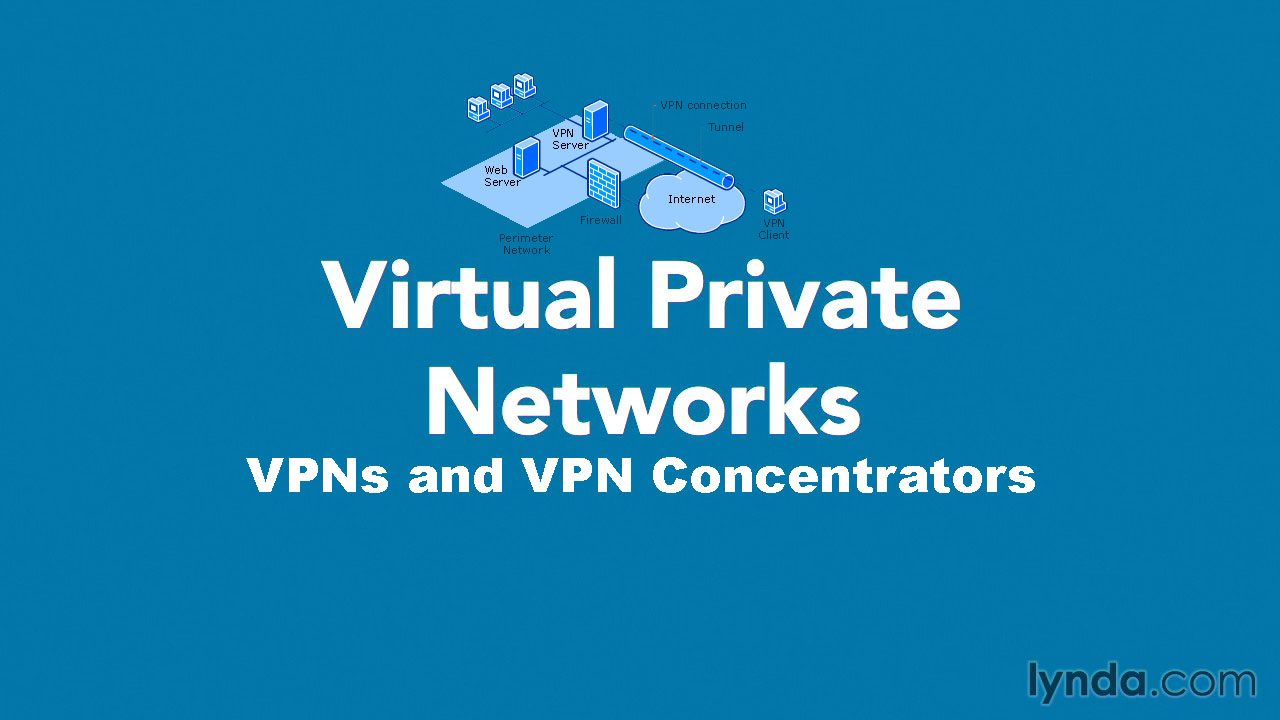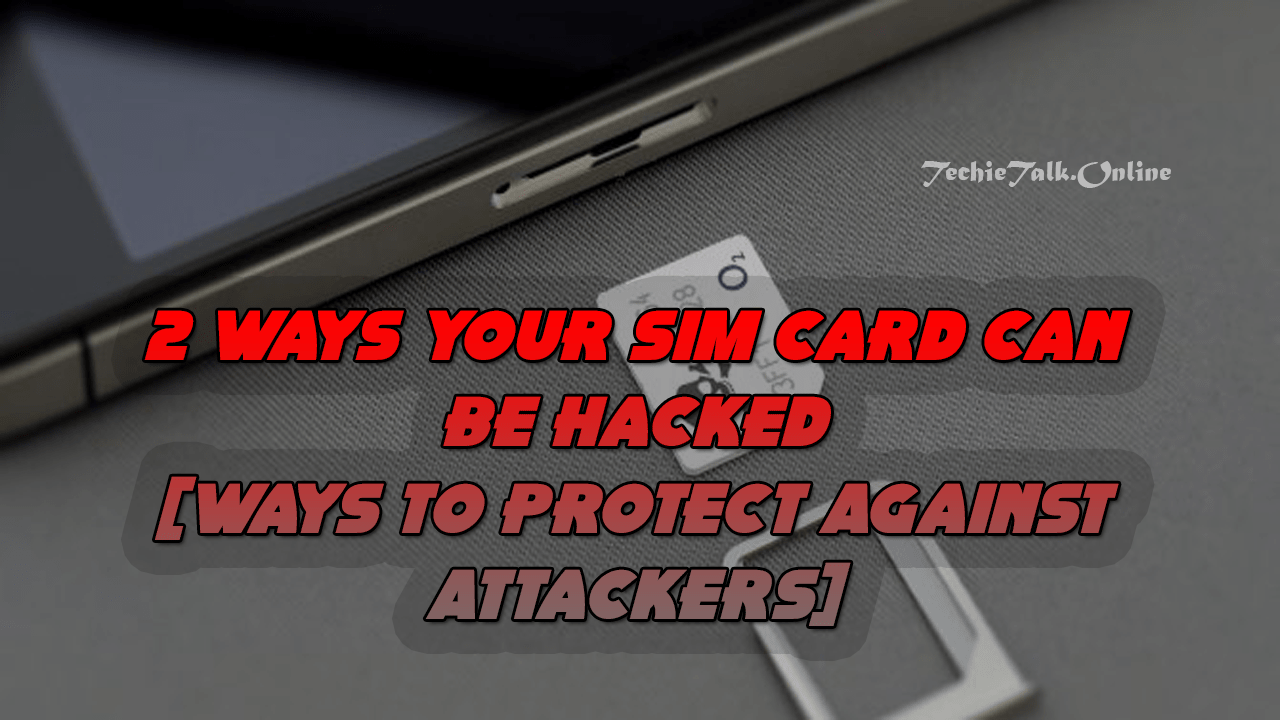
VPNs and VPN Concentrators
VPNs and VPN Concentrators: A virtual private network (VPN) is a private network connection that occurs through a public networks.
A private network provides security over an otherwise unsecure environment. VPNs can be used to connect LANs together across the Internet or other public networks. With a VPN, the remote end appears to be connected to the network as if it were connected locally.
A VPN requires either special hardware to be installed or a VPN software package running on servers and workstations.
VPNs typically use a tunneling protocol, such as Layer 2 Tunneling Protocol, IPSec, or Point-To-Point Tunneling Protocol (PPTP).
Below Screen Shot shows a network connected to a LAN using the Internet and a VPN. This connection appears to be a local connection and all message traffic and protocols are available across the VPN.
VPNs and VPN Concentrators
Two LANs connected using a VPN across the internet.

VPNs are becoming the connection of choice when establishing an extranet or intranet between two or more remote offices.
The major security concern when using a VPN is encryption. PPTP offers some encryption capabilities, although they are weak.
IPSec offers higher security, and it’s becoming the encryption system used in many secure VPN environments.
NOTE: Even though a VPN is created through the internet or other public network, the connection logically appears to be part of the local network. This is why a VPN connection that is used to establish a connection between two private networks across the internet is considered a private connection or an extranet.
As mentioned earlier, VPNs are used to make connection between private networks across a public network, such as the internet.
These connections aren’t guaranteed to be secure unless a tunneling protocol (such as PPTP) and an encryption system (such as IPSec) are used.
A wide range of options, including propriety technologies, is available for VPN support. Many of the largest ISPs and data communications providers offer dedicated hardware with VPN capabilities. Many servers also provide software VPN capabilities for use between two networks.
VPN system can be dedicated to a certain protocol, or they can pass whatever protocols they see on one end of the network to the other end.
A pure VPN connection appears as a dedicated wired connection between the two network ends.
A VPN concentrator is a hardware device used to create remote access VPNs. The concentrator creates encrypted tunnel sessions between hosts, and many use two-factor authentication for additional security. Cisco models often incorporate Scalable Encryption processing (SEP) modules to allow for hardware-based encryption and/or redundancy.
TIP: For purpose of the exam, whenever you see VPN, associate it with encryption and only allowing authorized remote users.
READ MORE: SQL: Bypassing Authentication
If you have any question regarding VPNs and VPN Concentrators feel free to ask here.
SYBEX | Chris Webb | VPNs and VPN Concentrators




2 Comments